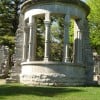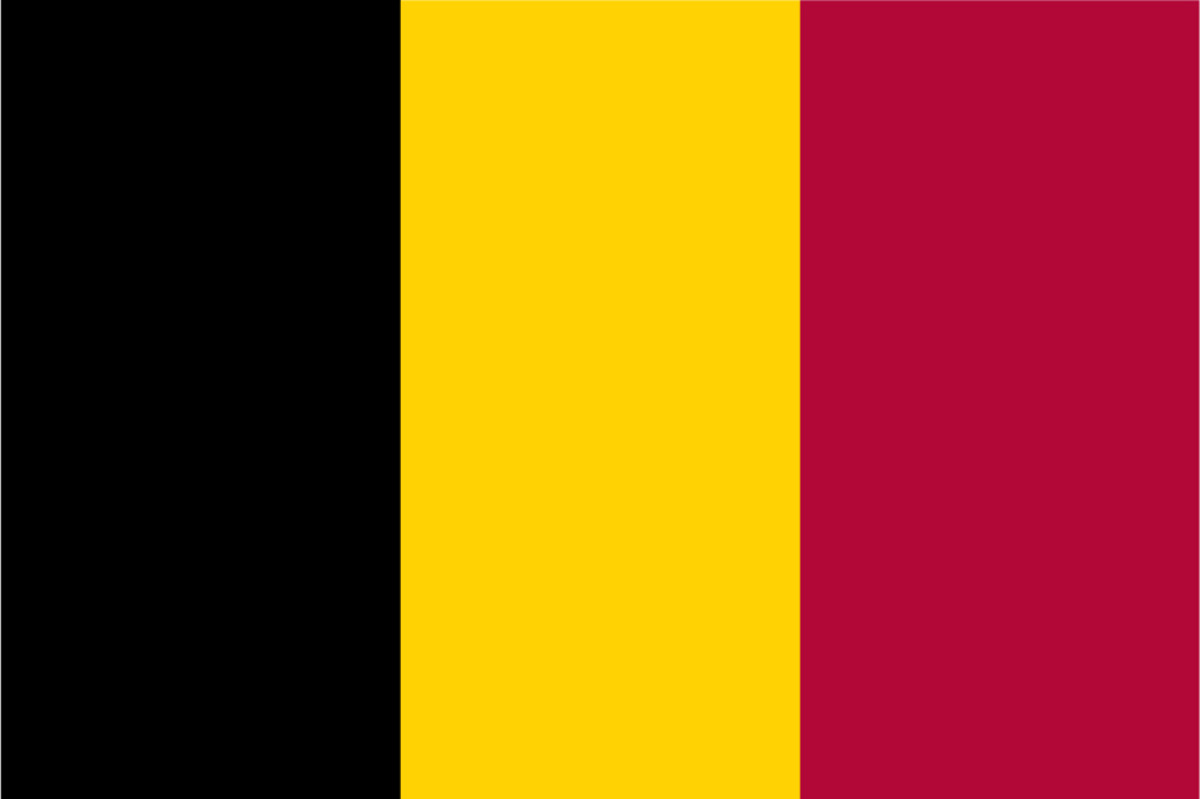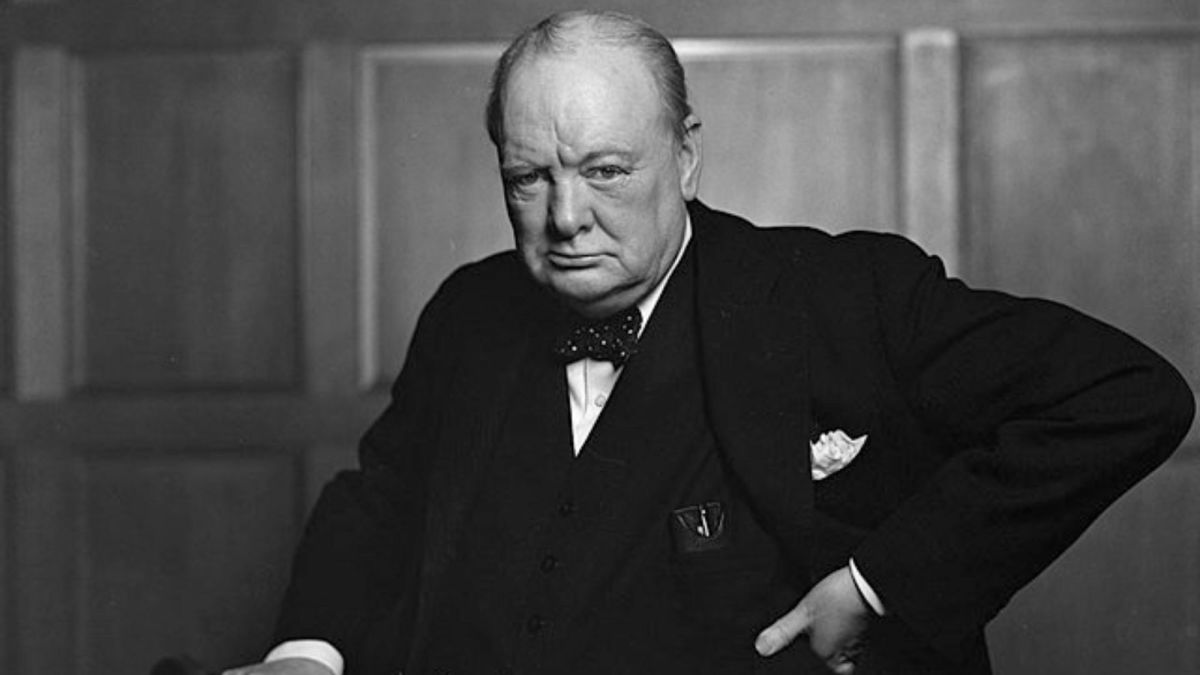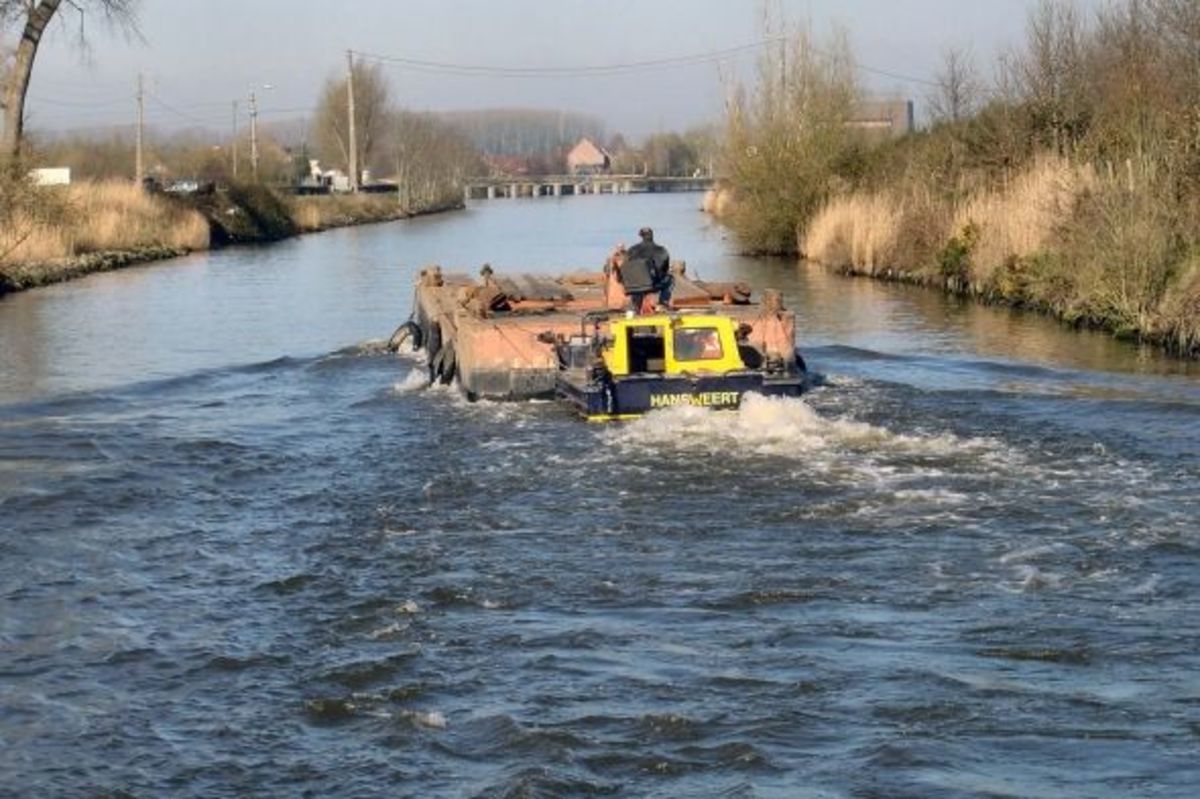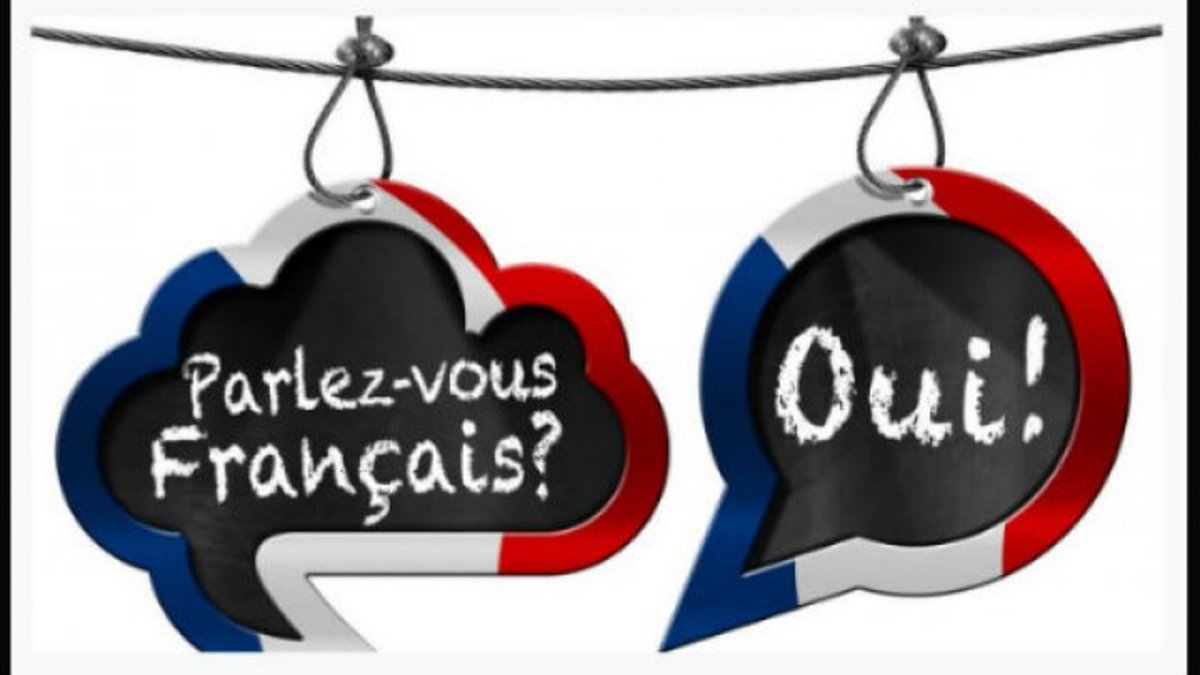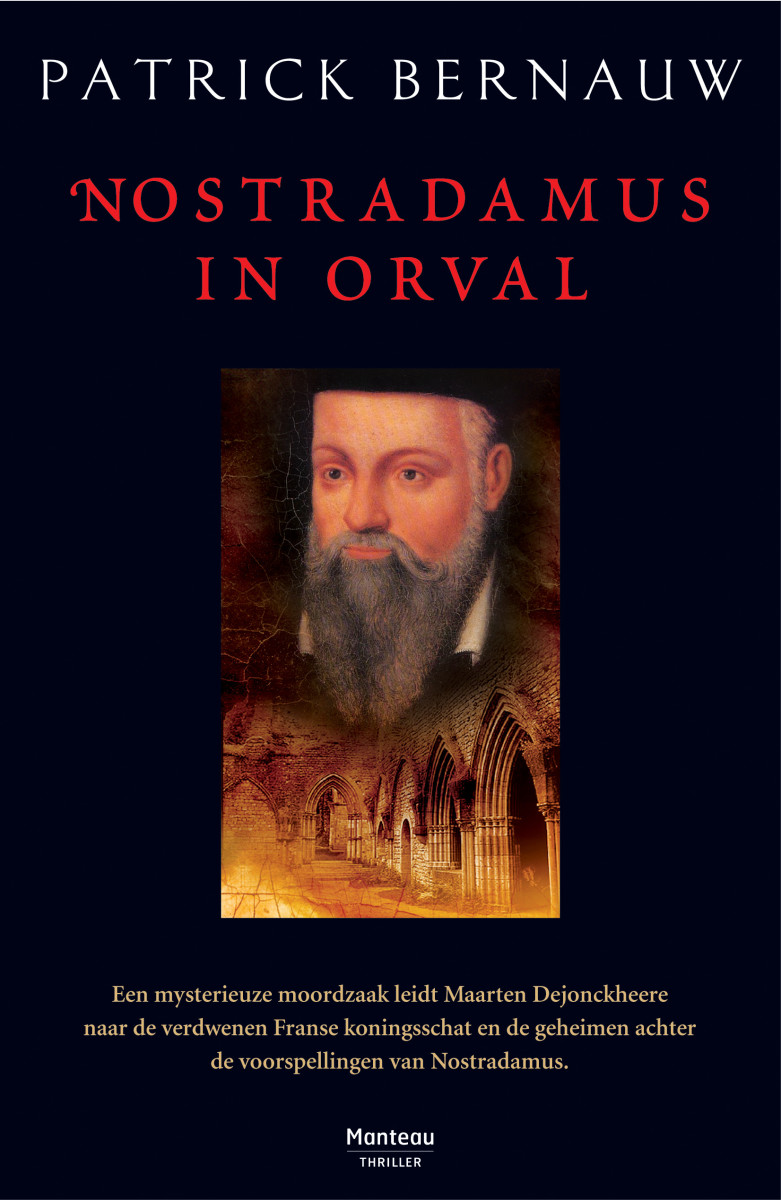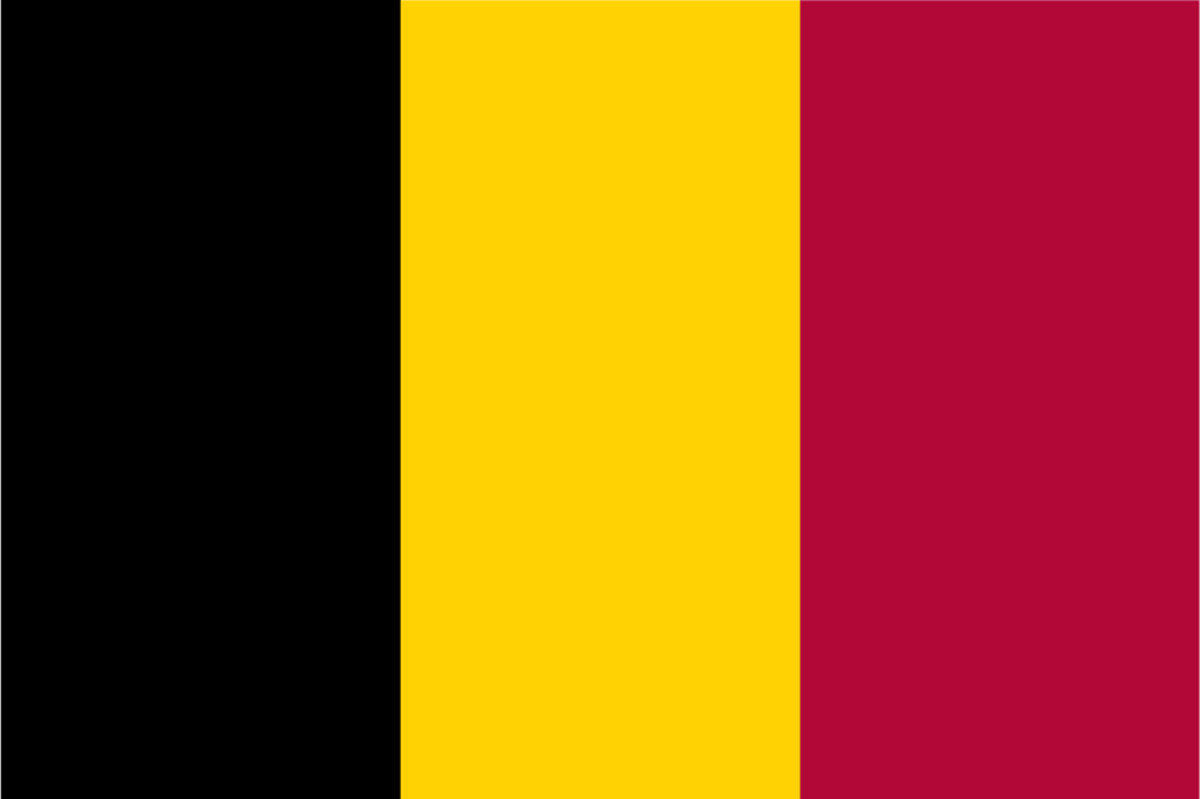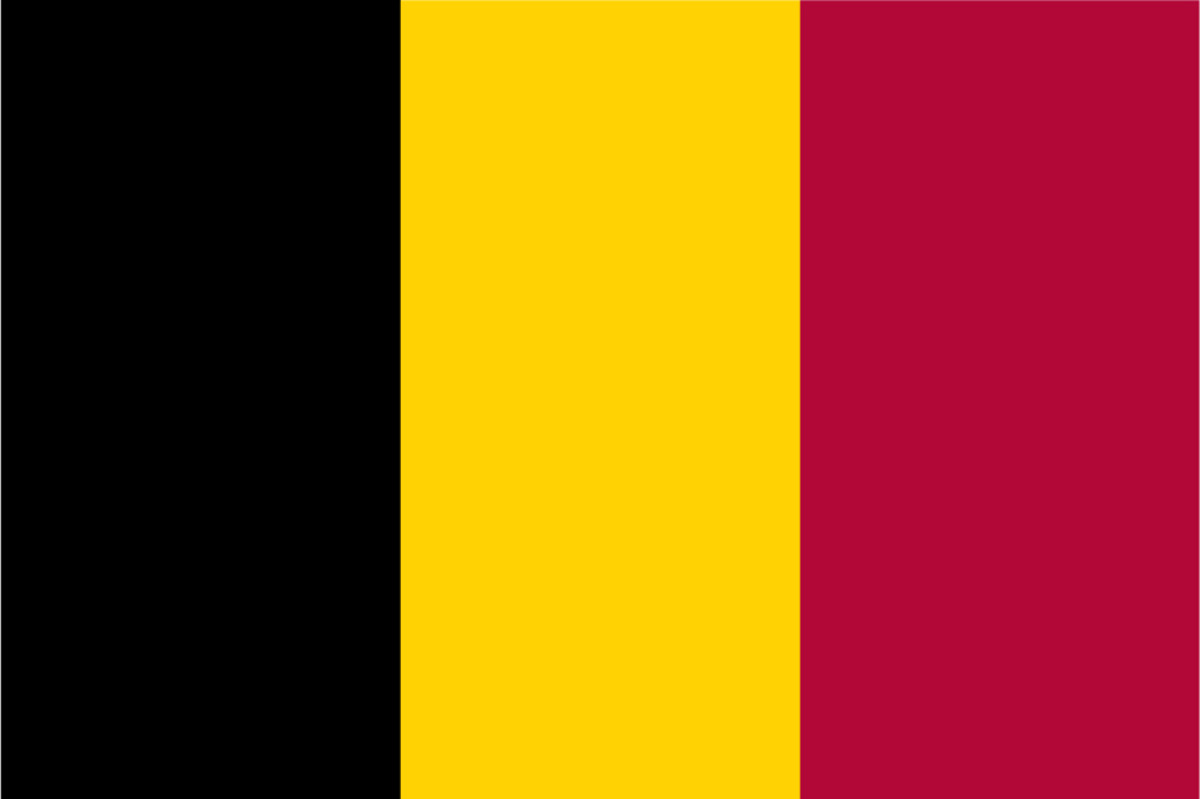Visiting Menen, Belgium, and its curious Rijselstraat: continutities and mutations near the French border
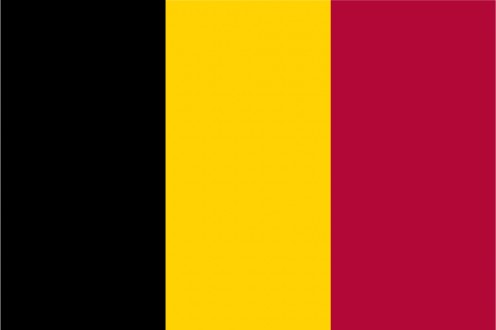
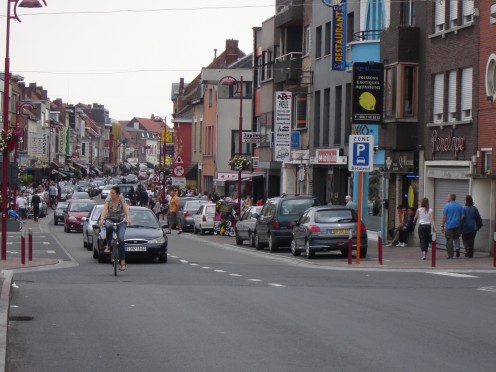
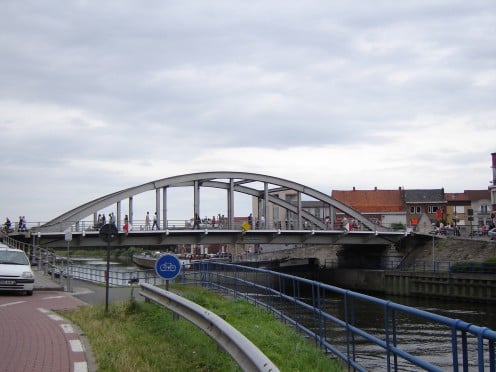
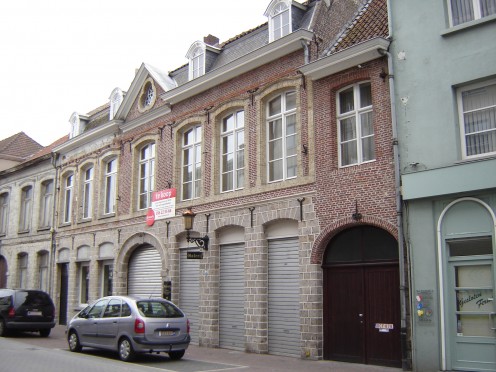
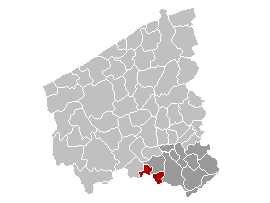
Bilingualism: officially? or practically?
To outsiders, the name Rijselstraat in Menen, Belgium, may seemingly be an obscurity masking something familiar. The road leads soutwards to Lille, France, which in Dutch is 'Rijsel': thus, what in French would be rue de Lille (but cannot officially be, because Menen is officially Dutch-speaking only)(1) is Rijselstraat in Dutch.
Along Rijselstraat in the Downtown area of Menen, there are some sedate-looking townhouses with 18th century frontages. Rijselstraat begins at the market square, Grote Markt , facing which is the striking Town Hall (Dutch: Stadhuis ) with an octagonal tower.
But, interestingly, as it heads southwards, Rijselstraat crosses a bridge known as the Menen Bridge (Dutch: Brug van Menen ) over the Lys River (Dutch: Leie ) and enters a suburb of Menen known as De Barakken. Significantly, De Barakken is situated on a narrow strip of land south of the Lys River, physically attached to the French town of Halluin. This makes for interesting local psychologies. While for many kilometres in a south-westerly direction, the Lys River forms the border between Belgium and France, suddenly at De Barakken the political border cuts into land south of the river. Menen is part of the province of West Flanders (Dutch: West-Vlaanderen ) in Belgium's Flemish region (Dutch: Vlaams gewest ) and, as such, it is completely Dutch-speaking at an official level.
One can also say that this is quite unambiguously so, also, in the portion of Rijselstraat which runs into Menen's Downtown area.
However, south of the Menen Bridge over the Lys River in the De Barakken suburb, in its unique geographical situation, the ambiguities begin. The many stores and restaurants on the Rijselstraat there frequently have a clientele which is substantially (and sometimes overwhelmingly) Francophone.
The alert reader, who has read something of Belgium's interesting linguistic situation, might ask: "Ah! isn't Flemish economic activity carried out through the medium of Dutch? and don't Flemings expect Francophone people to respect their Dutch language rights?"
Well, up to a point, the answer to both those questions is, technically, yes. It is indeed the case that many Francophone Belgians often feel the brunt of the instance by their Dutch-speaking fellow-citizens that they speak Dutch, when they are in the Flemish region.
But here at De Barakken, the situation is more complicated still.
The great majority of Francophone visitors to De Barakken are actually French nationals rather than Belgians. Nowhere else on the Franco-Belgian border is the language border so ostensibly clear-cut at an official level in what is a conurbation that is Dutch-speaking on the Belgian side and French-speaking on the French side.
Yet even fewer French nationals than Francophone Belgians have a knowledge of Dutch. Here, at De Barakken, as Rijselstaat finds its way to the French border, the lingua franca for cross-border visitors at the street's businesses is French.
In other parts of Belgium, bus loads of protesters might well descend on a locality if activists spread the word that Francophone Belgian residents in an officially Dutch-speaking locality were being shown what the activists might regard as too many concessions.
But here, French nationals who come to spend money and then go back to France again (some by foot) are not by definition a supposed 'threat' to Dutch-speaking identity.
This does, of course, beg the question, if Dutch-speaking Belgians can really show themselves patient and respectful toward French nationals who cannot speak Dutch, then surely it must be within the bounds of human ingenuity for similar reserves of patience to be exercised towards fellow Belgians who cannot speak French? The average Dutch-language activist would reply something to the effect of: 'Ah, but it's the principle of the thing that matters!' (And so it goes.)
For the French-speaking visitor to Rijselstraat in the De Barakken area, other linguistic curiosities exist also. For example, Rijselstraat has a junction with a road called Busbeekstraat , which suddenly enters France, and leads to the French municipality of Bousbecque: but being in officially Dutch-speaking Menen, the French place-name to which the street-name refers is given a Dutch form: Busbeek. Not far from Rijselstraat in De Barakken is a road called Mouskroenstraat , which leads to the mainly French-speaking town of Mouscron, in the Walloon region (Dutch: Waals gewest ; French: Région wallonne ), but of course the Dutch form of this place-name prevails here, because De Barakken is — just — still within the Flemish region.
So if one asks whether De Barakken is Dutch-speaking or bilingual? the answer will vary according to the perspective in view. Officially, as part of Menen in the Flemish region, it is Dutch-speaking only. Functionally (if not officially) it is bilingual. Which is what wider areas of Belgium used to be.
November 27, 2012
Note
(1) Only when Rijselstraat crosses the border into the neighbouring French town of Halluin does it become rue de Lille .
Also worth seeing
Halluin , France (distance: approx. 1 kilometre between the Bridge of Menen and the junction of rue de Lille and rue Marthe-Nollet ); Saint-Hilaire church is a striking neo-Gothic building.
Mouscron , Belgium (distance: 9.7 kilometres) has the Medieval Castle of the Counts.
...
How to get there: Brussels Airlines flies from New York to Brussels Airport (Brussel Nationaal / Bruxelles-National ), from where car rental is available. Brussels is the nearest large airport to Menen (distance: 116 kilometres). The Belgian railroad company NMBS/SNCB maintains a service between Brussels and Menen. Please check with the airline or your travel agent for up to date information. You are advised to refer to appropriate consular sources for any special border crossing arrangements which may apply to citizens of certain nationalities.
MJFenn is an independent travel writer based in Ontario, Canada
Other of my hubpages may also be of interest
- Visiting Menen, Belgium: part of a cross-border conurbation, where everything suddenly changes
- Visiting Halluin, France, and its Saint-Hilaire church: a neo-Gothic landmark in a border town
- Visiting the Lys River at Halluin, France: scenes of tranquil greenery at a formerly acute, border f
- Visiting Bousbecque, France: striking ecclesiastical architecture and memories of a 16th century her
- Visiting the Castle of the Counts, Mouscron, Belgium: Medieval memories
